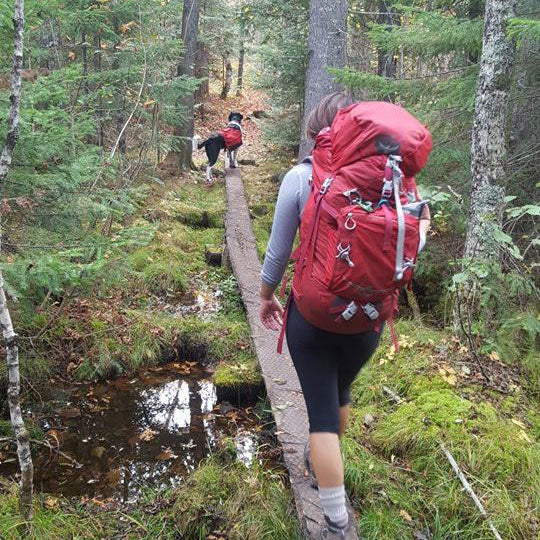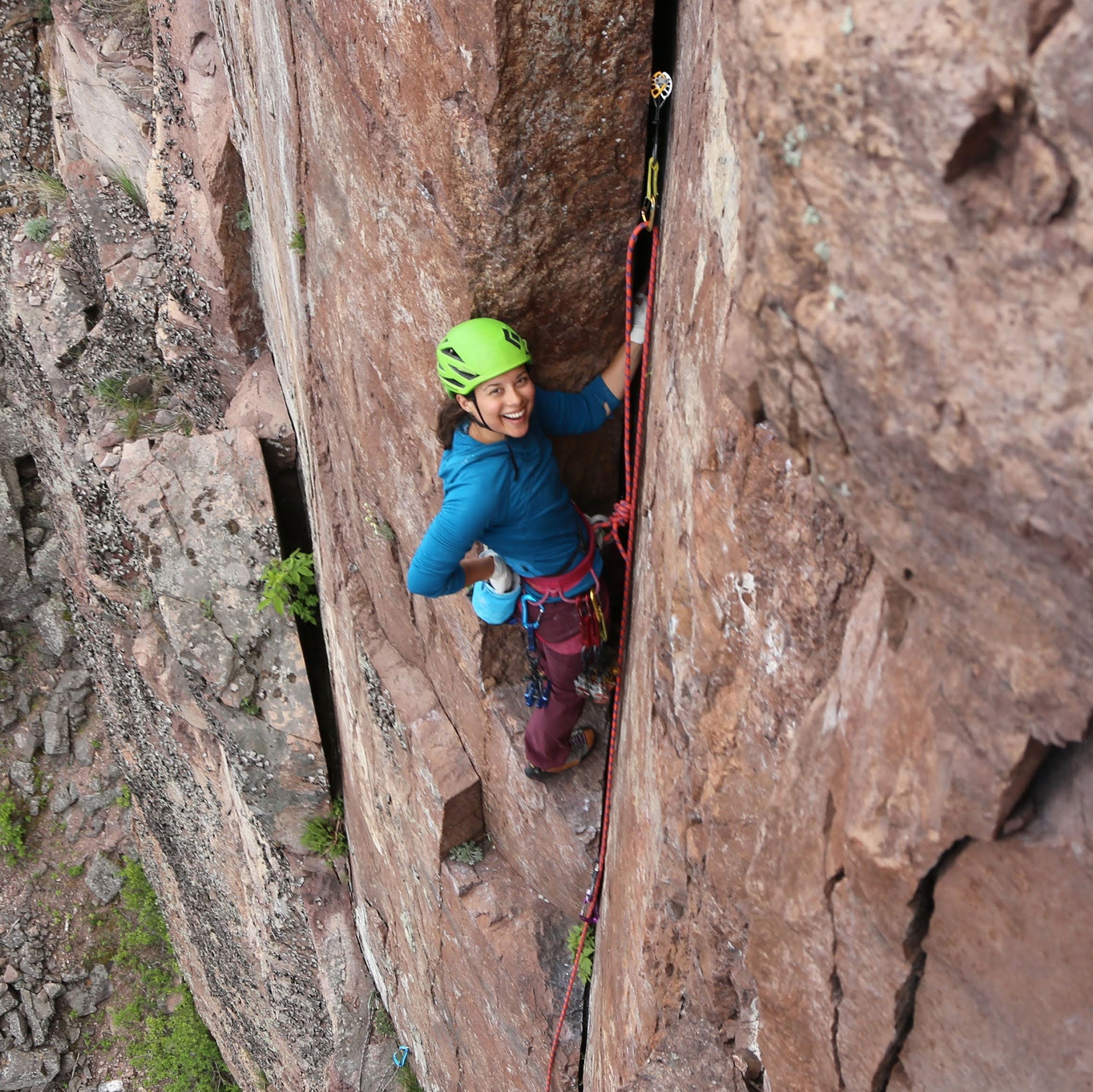
Leave No Trace ( Commonly referred to as LNT)
Wilderness is defined as a place that is “uncultivated”, “uninhabited”, “undisturbed” by human activity. Few places in the world remain truly untouched, especially in the United States. Therefore, Wilderness Areas and other protected lands provide humans a glimpse into the wild and provide us space to feel vulnerable to nature’s power.
People venture into the outdoors for various reasons. Whether seeking adventure, education, or reflection wilderness offers something for everyone. Today, it seems as though more people are getting outside- that’s great!
In order to keep the spaces we love wild, we must all do our part to practice good wilderness ethics such as Leave No Trace. Personal responsibility is especially important when organizations are understaffed and unable to monitor, provide education, and preserve the wild as they normally would outside of circumstances such as COVID-19.
How can you help? Start by following these simple guidelines.
- Do Your Research
If you are entering a new wilderness area or protected habitat, look up the regulations. Each area has rules to spread the responsibility of conservation across users. When all users abide by regulations, it allows for a pleasant and wild experience.
For example, did you know that glass bottles and cans for food are not allowed in the Boundary Waters Canoe Area? This is one of the important BWCA Rules and Regulations. It was put in place to reduce what was, at one point, heavy littering. No one wants to watch the sunset over a campfire trashed with cans and glass bottles!

2. Leave No Trace- LNT
Leave no trace means that once you leave, no one should be able to tell you were there- be sneaky!
Some common rules for LNT include packing out all gear, trash, and anything you brought with (bonus points if you pick up found trash), refraining from constructing structures that do not already exist such as fire rings or benches and avoiding sprawl.
Sprawl occurs when users make a new tent pad off already designated sites or hike off-trail. This causes damage to habitat and can create erosion. Additionally, the more off-site use and foot traffic make it difficult for other users to discern what is okay to use. Check out these photo comparisons of the sprawl and impact of human use at BWCA campsites: Leave No Trace Photos
3. Leave Nature Untouched
The beauty found out in the wild is unrivaled. For it to remain that way, we need to leave it be. Therefore, refrain from picking flowers and vegetation, cutting down trees, interacting with wildlife, and be sure to leave any artifacts where they were found.
For example, when starting a fire, collect only small and already dead wood rather than cutting live trees or large logs. If you see a pretty flower, take a picture rather than pick it.
Also, be sure to give wildlife space. Trust me, feeding the cute chipmunk seems fun… but you’ll change your mind when it starts trying to eat through your food bag!

Take as many photos as you want, but please leave it as is!
4. Stay Low Key
The easiest way to reduce human impact is to camp in smaller groups. Permits do most of this by establishing a maxim group size and designating campsites, however, you can also reduce from there!
Additionally, be aware of the noise and visibility made by your group. Many people venture into the wilderness seeking quiet and solitude. This doesn’t mean you can’t sing kumbaya at the campfire, please just do so with awareness and be mindful of your campsite set up and avoid a yard sale-like display.
Although this is not exhaustive, the above principles cover some basics of outdoor stewardship. Whether you are an expert outdoors-person or are new to the outdoors, nature is for you! All persons should get to experience the wonder and beauty of the natural world.
If you are planning a trip up to the BWCA, be sure to watch the Boundary Waters Permit Videos for more Leave No Trace and trip planning guidelines. And don’t forget to stop by the Wintergreen store in Ely to ensure you have the perfect paddling layers!

Karina Krosbakken
Based out of Duluth, MN, Karina works as a psychotherapist and is an avid outdoorswoman in her free time. As a jack of all trades and master of none, she is often found outside climbing, running, biking, or dabbling in something new along the North Shore. When not at home, her passion for exploration and adventure takes her to the mountains out west, far off corners of the world, or visiting her family in Mexico. Drawing from a lifetime of travel, outdoor experiences, and a knack for some suffering, Karina writes content informed by the wisdom she has collected and her passion for adventure.



